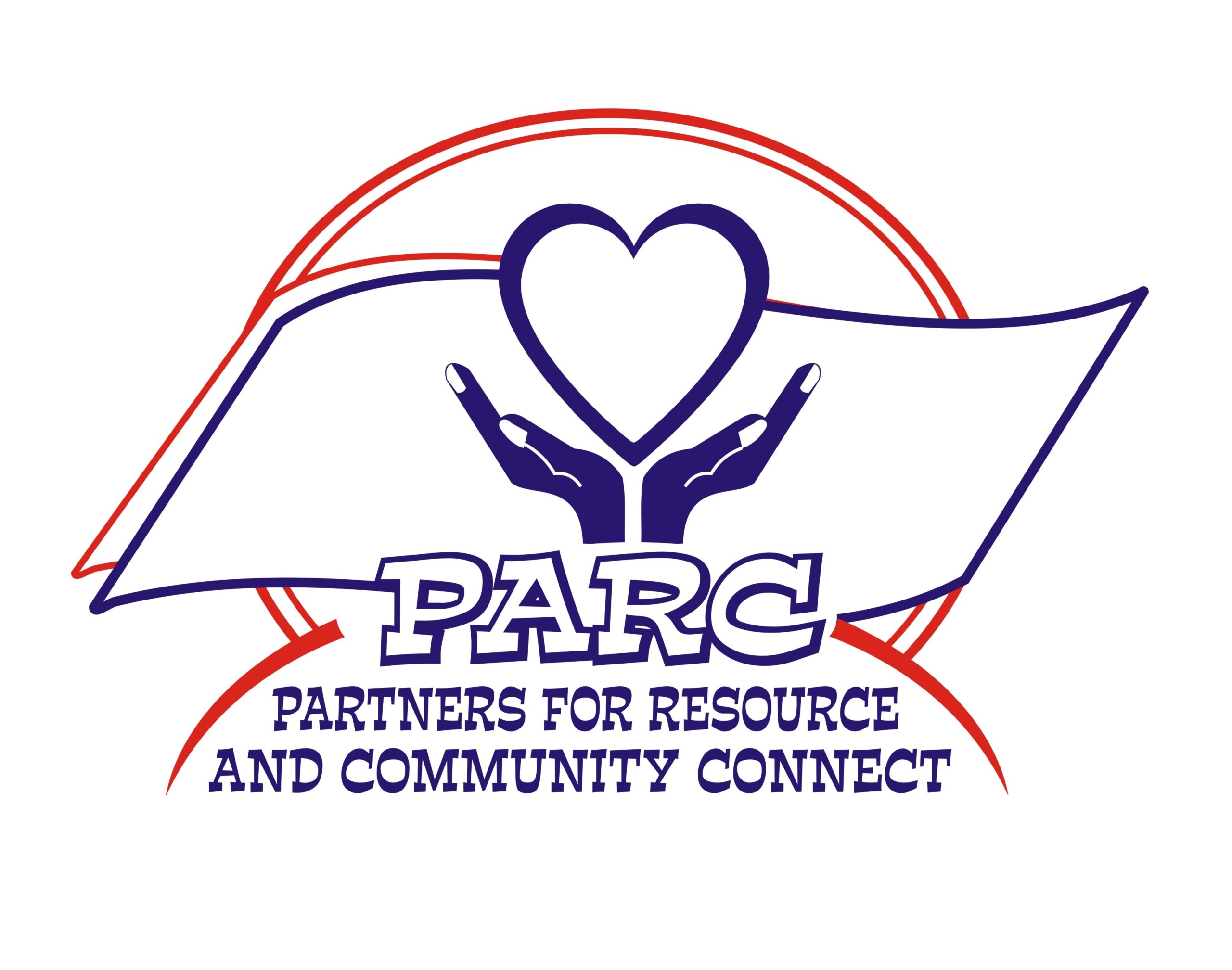In Uganda, particularly in the rural communities, the sanitation and hygiene situation is very worrying!
4 MILLION PEOPLE DO NOT HAVE ACCESS TO CLEAN WATER
4,000 CHILDREN DIE EACH YEAR DUE TO UNCLEAN WATER
WOMEN AND CHILDREN WALK AVERAGELY 3.7 MILES DAILY TO COLLECT WATER
Poor sanitation and hygiene is a cross-cutting health concern in all rural Ugandan villages – it can be a barrier to education, productivity in the economy, and overall livelihoods. Poor sanitation leads to diarrheal diseases, which are responsible for 17% of all deaths of children under five (World Health Organization). Lack of water and sanitation facilities leads to outbreaks of waterborne; shortage of nutrient-rich food exacerbates disease; wide-spread depression and anxiety lead to drug abuse; sexual violence leads to a rise in HIV and sexually transmitted infections (STIs); an inadequate health service leads to increase in mortality.
The link between access to safe water, overall health, and the economic opportunities of the people of Kasese is clear, as access to safe water is greatly lacking in many villages. By tackling WASH issues, we can stop preventable diseases and deaths due to poor sanitation, poor hygienic conditions, and contaminated drinking water. PARC aims to empower marginalized people living in rural under-served communities in Uganda by providing safe, clean water for not just one family, but an entire community, using different interventions.
Water Filters
Water Access Facilities
We are working towards improving access to water through different technologies such as installing rainwater harvesting (RWH) systems, gravity flow systems, wells, and springs to provide safe, clean water for not just one family, but an entire community. In addition, In public places, we also construct hand-washing stations connected to these safe water facilities to improve the availability of water for handwashing. As part of the water access program, we also educate our village communities about the importance of household hygiene, personal hygiene, and the importance of clean water. Local communities are supported in forming Village Water Committees (VWCs) which are responsible for ensuring the ongoing monitoring and maintaining the functionality of the clean water points in the community. WASH training is also delivered to train communities in hygiene and sanitation techniques, which is reinforced by ongoing support from VWCs. As part of educational outreaches, we integrate access to information on menstrual hygiene management (MHM) and the provision of appropriate sanitary protection in WASH.
Sanitation Access Facilities
We are partnering with communities and local governments to develop sustainable access to sanitation facilities – we are building gender-separate toilets (that use dry-flush technology to reduce odor and trap flies) and installing hand-washing facilities in schools. This also supports sanitation businesses like masons (a locally trained team of youth) and pit latrine emptiers, connecting them to our WASH Hub interventions and providing them with business support.
We are using our school feeding project as an opportunity to promote healthy hygiene practices—not just in schools but in surrounding communities as well. By training children on safe hygiene practices, they transfer the knowledge to their homes and parents are adopting simple practices, such as handwashing with soap and proper use of latrines, that promote better health.
As part of the sanitation access program, we educate our village communities about the importance of household hygiene, personal hygiene, and the importance of clean water. As part of educational outreaches, we integrate access to information on menstrual hygiene management (MHM) and the provision of appropriate sanitary protection in WASH
